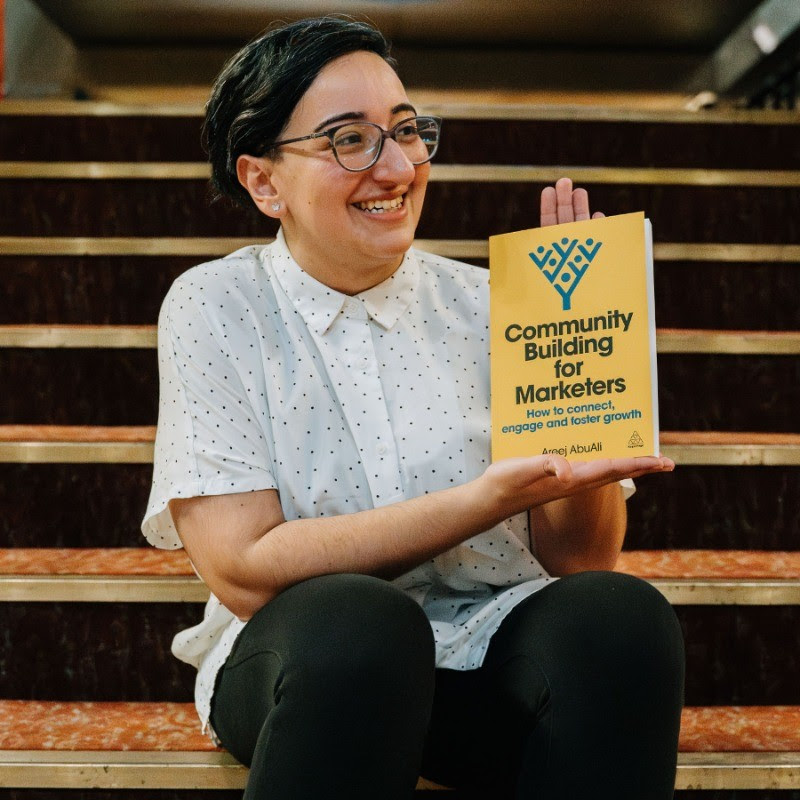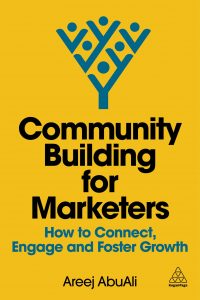Expert Spotlight: Areej AbuAli
Building Inclusive SEO Communities with Areej AbuAli
Founder of Women in Tech SEO, International Speaker & Author

Founder of Women in Tech SEO, international speaker, and now published author, Areej AbuAli has spent the past decade shaping what inclusive community-building looks like in SEO. In this interview, she shares her journey from agency-side SEO to full-time community leader, reflects on how WTS scaled to 10,000+ members while staying values-led, and offers honest insight into what it takes to grow, and sustain, a mission-driven initiative.
Read on for lessons in leadership, transparency, and building spaces that last.
1. You used to describe yourself as a community builder first, SEO second. For those just discovering your work, how would you define what you do today — across SEO, Women in Tech SEO, and your role as an author?
I started working in the SEO industry over a decade ago, after spending five years agency-side, then switching to in-house and finally starting my own freelance consultancy. During that time, I founded Women in Tech SEO as a passion project on the side, and after a few years of having it take up my evenings and weekends, I decided to go full-time and switch careers to focus on all things community and events. I published my first book, Community Building for Marketers, earlier this year in March 2025 – it took a little over nine months to put together, and I’m so proud that I got it to the finish line.
2. From 10 to 10,000+ members in under six years: looking back at the growth of Women in Tech SEO since that first London meetup in May 2019, what were the pivotal decisions or mindset shifts that enabled the community to scale while staying aligned with its founding values of kindness and psychological safety?
Our code of conduct has been essential since day one. The WTS Way, as we call it, is our values, rules, and code of conduct, and it continues to grow over time. We share it with our members and conference attendees at all possible touchpoints – through member onboarding in our online groups, initiative training such as our mentorship program, and in our opening notes at our in-person conferences.
3. WTS has remained entirely free to join and participate in, even as its initiatives have expanded (mentorship, speaker directory, founder hub, podcast). How do you make decisions on what to launch next while keeping the community accessible and non-commercial?
Our plan is to keep WTS free for our members. We monetise through our work with our partners, WTSPartners, and through our in-person conferences via ticket sales and sponsorship. We’re keen to keep the community accessible for all to join and to work alongside sponsors and partners who will deliver value to our members and who are aligned with our code of conduct.
4. Your book Community Building for Marketers features case studies like Buffer and Sanity alongside your own playbook. Was there a particular moment during WTS’s growth when you turned to one of those examples to solve a challenge? How did outside community-building models influence your own leadership choices?
The honest answer is that I adopted a “learn as I go” approach – some things would go wrong, and I’d learn from them, and fix them for the next time round. I always held myself accountable, stayed honest and transparent with our community members, held my hand up and admitted any mistakes on my part, and learned from them for the next time round. Involving community members in the decisions you make as a community builder is so important because, after all, there is no community without its members, and they should always be part of the decision-making.

